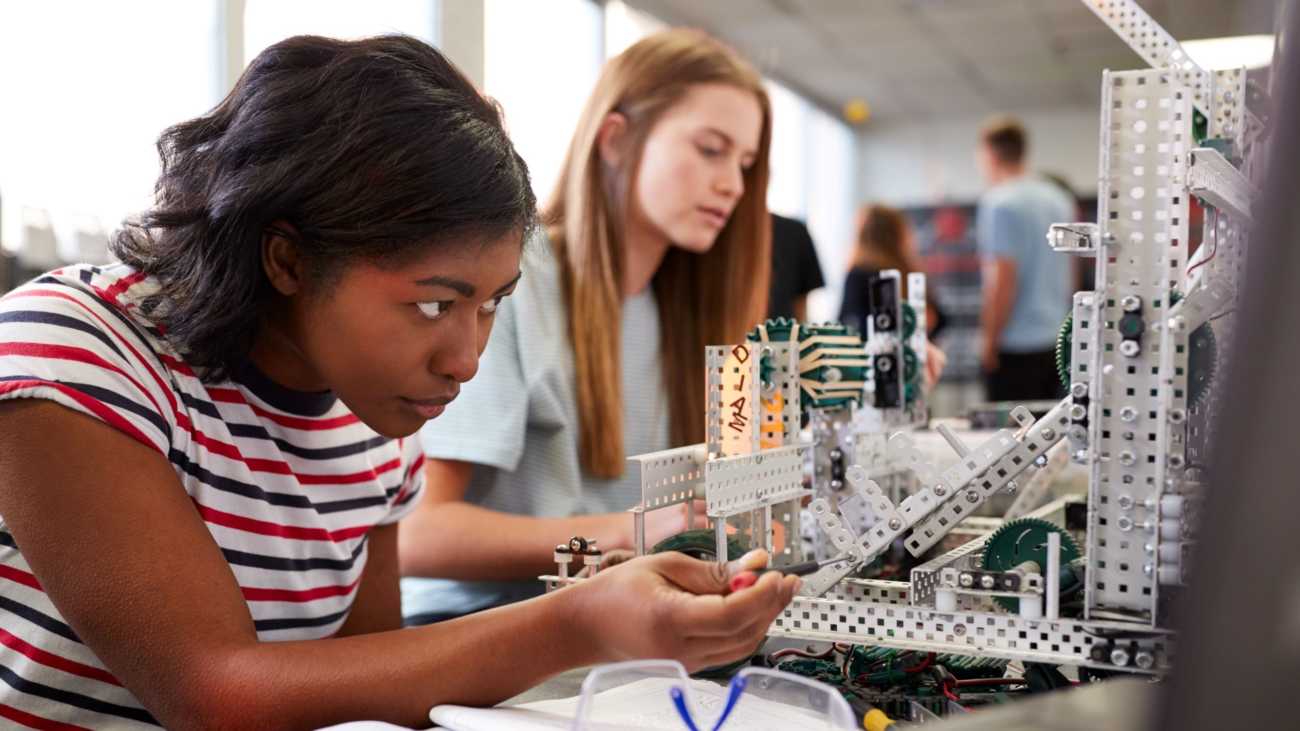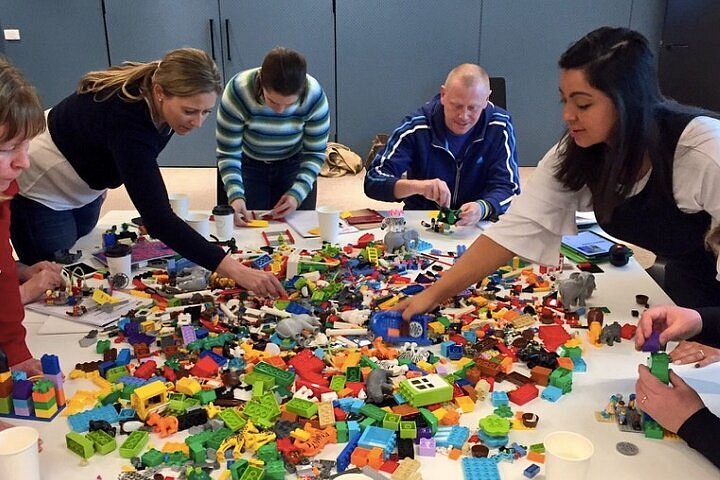Experiential Learning
At Journey to STEAM, our educational philosophy centers around experiential learning—a transformative approach that enriches both academic environments and businesses. This page delves into the profound advantages of experiential learning, supported by extensive research, compelling data, and real-world examples.
Understanding Experiential Learning
Experiential learning is an educational methodology that emphasizes learning through direct experience, active engagement, and reflective observation. It shifts the traditional classroom paradigm to immersive learning experiences that often involve real-world problems, projects, and hands-on activities.
Benefits in Schools
1. Enhanced Engagement and Retention:
The National Training Laboratories conducted research revealing that experiential learning methods can result in retention rates as high as 75%, compared to just 5% for traditional lectures. This translates to superior academic performance.
2. Improved Problem-Solving Skills:
Experiential learning cultivates critical thinking and problem-solving abilities. Students develop the skills to tackle complex, real-world challenges—a vital asset in the 21st century.
3. Fostering Collaboration:
Collaborative projects and interactive experiences promote teamwork and communication skills. The National Association of Colleges and Employers (NACE) identifies teamwork as one of the most sought-after skills by employers.
4. Catering to Diverse Learning Styles:
Experiential learning accommodates diverse learning styles, ensuring that students with varying strengths and abilities can thrive.
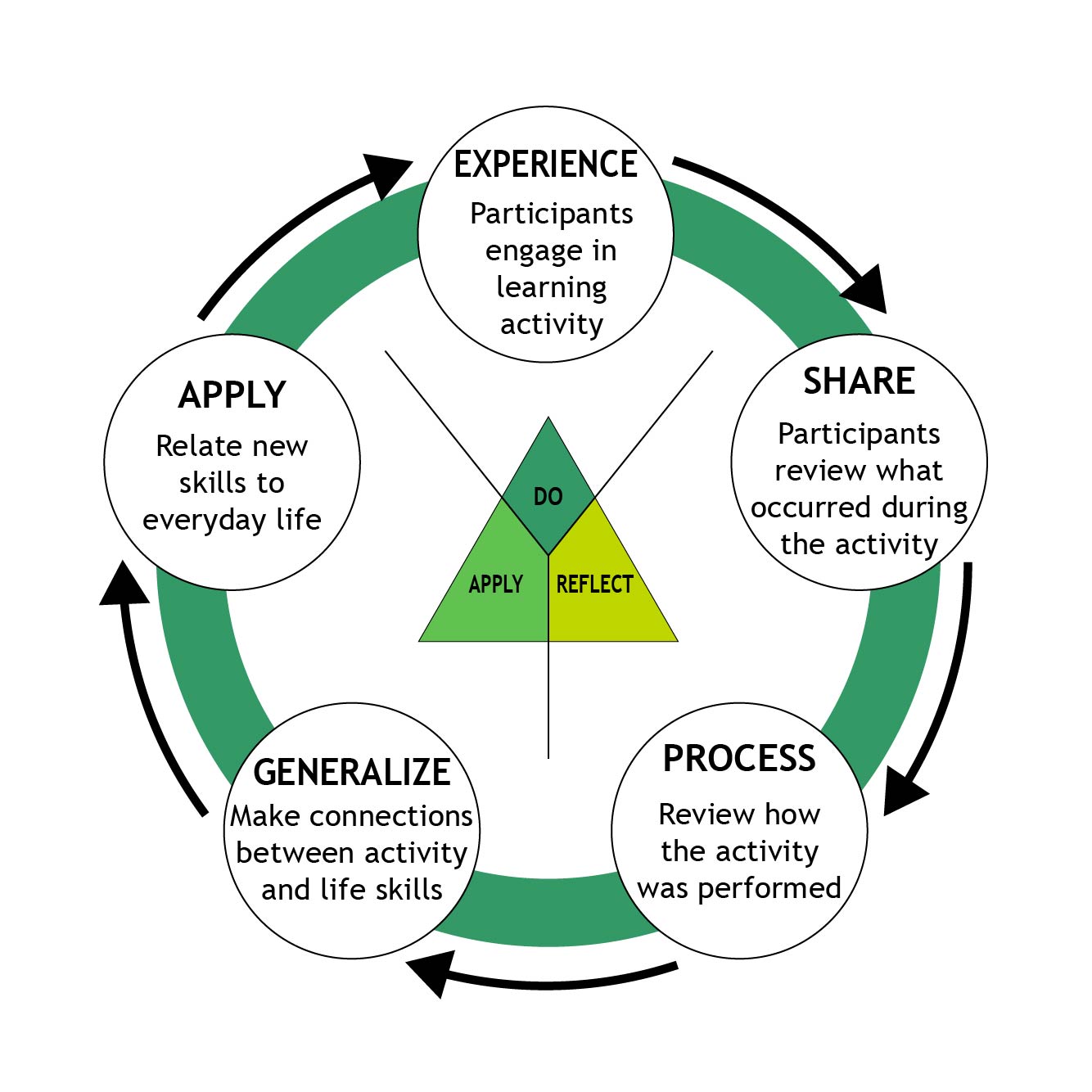
Benefits in Businesses
1. Effective Employee Training:
A study published in the Journal of Management and Marketing Research underscores that experiential training methods lead to significantly higher knowledge retention and skill development among employees.
2. Igniting Innovation and Creativity:
Experiential learning encourages employees to explore new ideas and experiment with different approaches. A survey by PwC reveals that 82% of companies consider creativity and innovation vital for success.
3. Reduced Learning Time:
In corporate settings, experiential learning accelerates onboarding and skill acquisition. Training Industry reports that companies employing experiential training methods see a 30-40% reduction in the time required to achieve proficiency.
4. Elevated Productivity:
Experiential learning equips employees with practical skills that can amplify productivity. The Association for Talent Development (ATD) notes a 218% increase in income per employee for companies with effective training programs.
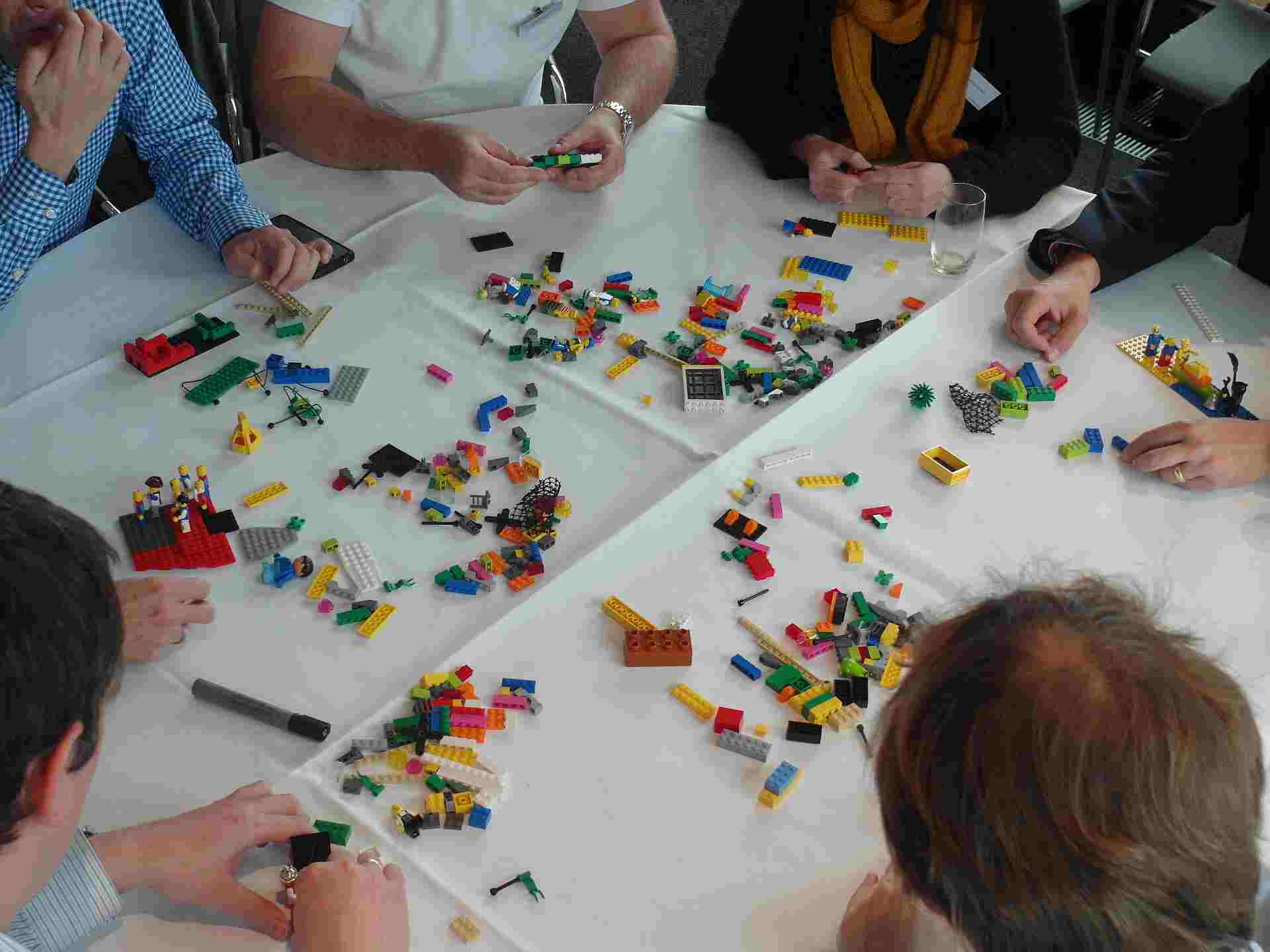
Research, Data, and Statistics
- Enhanced Student Performance: A “Educational Psychology Review” meta-analysis concludes that experiential learning approaches significantly improve student performance across various subjects and grade levels.
- Workplace Training Effectiveness: The eLearning Industry reports that 67% of businesses regard experiential training as very effective, compared to 31% for traditional training methods.
- Skills Acquisition: Research by the Wharton School at the University of Pennsylvania reveals that employees in experiential training programs acquire skills 4.5 times faster than those in lecture-based programs.
- Innovation Impact: A report by the Conference Board highlights that organizations prioritizing innovation training experience 84% higher profit growth than their peers.
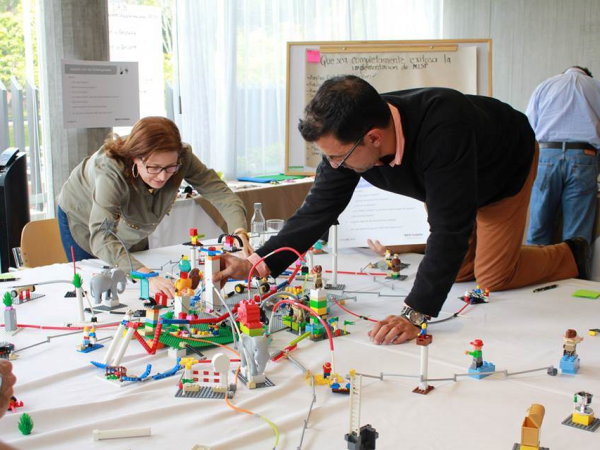
Real-World Examples
- Tesla’s Gigafactories: Tesla’s approach to training new employees involves hands-on learning within its Gigafactories. Workers learn by assembling and working on actual electric vehicles, resulting in a highly skilled workforce.
- Google’s “Google Labs”: Google encourages employees to spend 20% of their time on personal projects. This experiential approach has led to innovative products such as Gmail and Google Maps.
- IBM’s Watson Academy: IBM utilizes experiential learning for its employees, fostering innovation through real-world problem-solving and hands-on projects.
At Journey to STEAM, we’re dedicated to harnessing the incredible power of experiential learning. Our programs, inspired by real-world success stories and grounded in research, invite you to join us in redefining education and professional development through the dynamic world of experiential learning.
